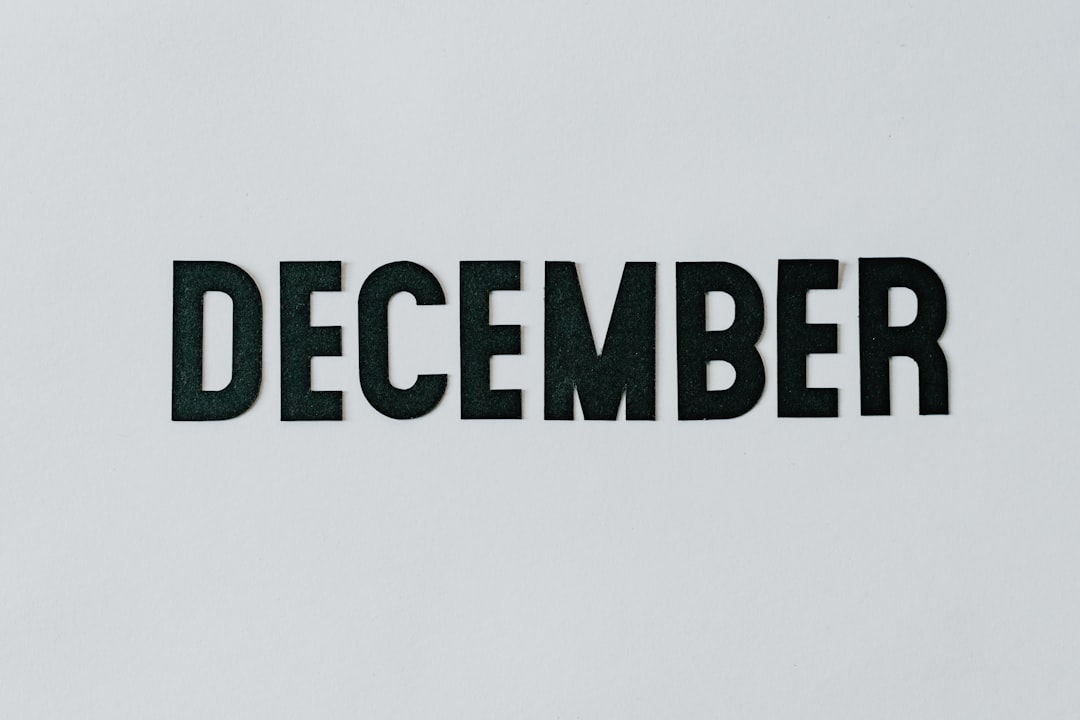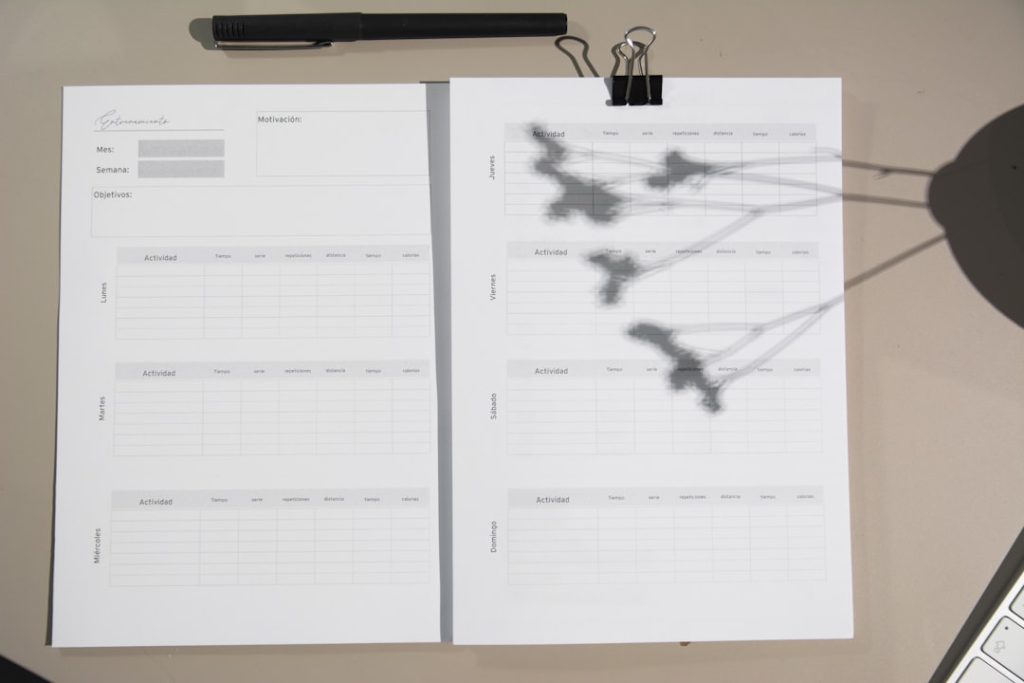Now Reading: Comprehensive Guide to Federal Holidays in the United States
-
01
Comprehensive Guide to Federal Holidays in the United States
Comprehensive Guide to Federal Holidays in the United States

Federal holidays in the United States serve as designated days of observance recognized by the federal government, during which federal employees are typically given a day off with pay. These holidays reflect the nation’s history, culture, and values, providing citizens with opportunities to celebrate significant events and figures that have shaped the country. The establishment of federal holidays is not merely a matter of tradition; it is a reflection of the collective memory and identity of the American people.
As such, these holidays play a crucial role in fostering a sense of community and national pride. The concept of federal holidays dates back to the early years of the United States, evolving over time to include a diverse array of observances that resonate with various segments of the population. From Independence Day to Thanksgiving, each holiday carries its own unique significance and traditions.
Understanding the importance of these holidays requires an exploration of their historical context, cultural implications, and the ways in which they are celebrated across the nation.
History and Significance of Federal Holidays
The history of federal holidays in the United States is intertwined with the nation’s development and its evolving social fabric. The first federal holiday was established in 1870, when Congress declared four holidays: New Year’s Day, Independence Day, Thanksgiving Day, and Christmas Day. These holidays were chosen not only for their cultural significance but also for their ability to unify a diverse population under shared values and experiences.
Over the years, additional holidays were added, reflecting changes in societal norms and historical milestones. The significance of federal holidays extends beyond mere days off from work; they serve as reminders of pivotal moments in American history. For instance, Martin Luther King Jr.
Day honors the legacy of a civil rights leader who fought for equality and justice, while Memorial Day pays tribute to those who have sacrificed their lives in military service. Each holiday encapsulates a narrative that contributes to the broader story of the United States, allowing citizens to reflect on their shared heritage and aspirations for the future.
List of Federal Holidays and Their Dates

The United States recognizes eleven federal holidays, each with its own designated date and significance. New Year’s Day is celebrated on January 1st, marking the beginning of the calendar year. Martin Luther King Jr. Day falls on the third Monday in January, honoring the civil rights leader’s contributions to social justice. Presidents’ Day, observed on the third Monday in February, pays tribute to all U.S. presidents, particularly George Washington and Abraham Lincoln. Memorial Day is observed on the last Monday in May, serving as a day of remembrance for those who have died in military service. Independence Day, celebrated on July 4th, marks the adoption of the Declaration of Independence in 1776. Labor Day, occurring on the first Monday in September, recognizes the contributions of American workers. Columbus Day is observed on the second Monday in October, commemorating Christopher Columbus’s arrival in the Americas. Veterans Day is celebrated on November 11th, honoring all military veterans who have served in the U.S. Armed Forces. Thanksgiving Day is observed on the fourth Thursday in November, a time for families to gather and express gratitude. Christmas Day is celebrated on December 25th, marking the birth of Jesus Christ. Finally, New Year’s Eve is often informally recognized as a holiday as well, with celebrations leading into January 1st.
How Federal Holidays are Celebrated in the United States
| Holiday | Celebration |
|---|---|
| New Year’s Day | Parades, parties, and fireworks |
| Independence Day | Barbecues, picnics, and fireworks |
| Thanksgiving | Family gatherings, feasts, and parades |
| Christmas | Decorating, gift-giving, and caroling |
Celebrations surrounding federal holidays vary widely across the United States, reflecting regional customs and individual family traditions. For instance, Independence Day is marked by fireworks displays, parades, and barbecues, with communities coming together to celebrate national pride. Many families take part in outdoor activities such as picnics and sporting events, while others attend local festivals that feature music and entertainment.
Thanksgiving is another holiday steeped in tradition, where families gather to share a meal that typically includes turkey, stuffing, and various side dishes.
Additionally, Thanksgiving has become synonymous with shopping sprees as Black Friday follows closely behind, marking the unofficial start of the holiday shopping season.
Other holidays have their own unique customs as well. For example, Martin Luther King Jr. Day often involves community service projects aimed at honoring King’s legacy through acts of kindness and social justice initiatives.
Memorial Day is marked by ceremonies at cemeteries and memorials across the country, where individuals pay their respects to fallen soldiers. Each holiday provides an opportunity for Americans to engage with their communities and reflect on shared values.
Differences Between Federal Holidays and Observances
While federal holidays are officially recognized days off for federal employees, observances are not necessarily designated as holidays by law but still hold cultural or historical significance. Observances may include days like Earth Day or Flag Day, which encourage public awareness and participation but do not require businesses or government offices to close. The distinction between federal holidays and observances lies primarily in their legal status and implications for work schedules.
Federal holidays come with specific regulations regarding pay for employees who work on those days; typically, they are entitled to overtime or compensatory time off. In contrast, observances do not carry such legal requirements and may be celebrated at an individual’s discretion or through community events. This difference highlights how certain days are formally recognized by the government while others exist within cultural contexts that may vary from one community to another.
Federal Holidays and Their Impact on Business and Government Operations

Federal holidays have a significant impact on business operations across various sectors. Many businesses choose to close on federal holidays to allow employees time off to celebrate or spend time with family. This closure can affect retail operations, transportation services, and other industries that rely on consistent customer engagement.
For instance, banks and government offices typically close their doors on these days, leading to shifts in consumer behavior as people adjust their schedules accordingly. Moreover, federal holidays can influence economic activity as well. Retailers often prepare for increased sales during holiday seasons like Thanksgiving and Christmas by launching promotional campaigns that attract consumers looking for deals.
Conversely, some businesses may experience a slowdown during certain holidays when customers are less likely to shop or engage with services. Understanding these dynamics is crucial for businesses as they navigate staffing needs and marketing strategies around federal holidays. Government operations also experience changes during federal holidays.
Federal employees receive paid time off on these days, which can lead to reduced productivity in certain sectors. However, essential services such as law enforcement and emergency responders continue to operate regardless of holiday schedules. This duality highlights how federal holidays can create both opportunities for rest and challenges for maintaining essential services.
Controversies and Debates Surrounding Federal Holidays
Despite their significance, federal holidays are not without controversy and debate. Some holidays have faced criticism regarding their historical context or representation of certain groups within society. For example, Columbus Day has been challenged by those who argue that it overlooks the negative impact of colonization on Indigenous peoples.
As a result, some states have opted to replace Columbus Day with Indigenous Peoples’ Day or similar observances that honor Native American history. Additionally, discussions around federal holidays often center on inclusivity and representation. As America becomes increasingly diverse, there are calls for recognizing additional holidays that reflect various cultural backgrounds and contributions to society.
Advocates argue that expanding the list of federal holidays could foster greater understanding and appreciation among different communities while acknowledging their unique histories. The debate surrounding federal holidays also extends to their commercialization. Many people express concern that certain holidays have become overly commercialized, detracting from their original meanings and purposes.
For instance, Christmas has evolved into a season characterized by consumerism rather than reflection on its religious significance for many individuals. This commercialization raises questions about how society balances celebration with meaningful observance.
Conclusion and Future of Federal Holidays in the United States
As we look toward the future of federal holidays in the United States, it is clear that these observances will continue to evolve alongside societal changes and cultural shifts. The ongoing discussions surrounding inclusivity and representation suggest that there may be opportunities for new holidays to emerge that honor diverse contributions to American history. This evolution reflects a broader understanding of what it means to be part of a multicultural society.
Moreover, as technology advances and work-life balance becomes increasingly important for many individuals, there may be shifts in how federal holidays are observed and celebrated. Remote work trends could lead to new interpretations of holiday observance as people navigate their professional responsibilities alongside personal traditions. In conclusion, federal holidays hold a significant place in American culture and society.
They provide opportunities for reflection, celebration, and community engagement while also prompting important discussions about representation and inclusivity. As we move forward into an ever-changing landscape, it will be essential to consider how these holidays can continue to unite us while honoring our diverse histories and experiences.
Federal holidays are important days of celebration and remembrance in the United States. One related article that discusses the history and significance of federal holidays can be found at boogger.com. This article delves into the origins of federal holidays such as Memorial Day, Independence Day, and Labor Day, exploring how these holidays came to be recognized and celebrated nationwide. It also highlights the cultural and historical significance of these holidays, shedding light on the traditions and customs associated with each one. Whether you are curious about the origins of federal holidays or simply want to learn more about their importance, this article is a valuable resource for understanding the significance of these special days.
FAQs
What are federal holidays?
Federal holidays are holidays recognized by the United States government, during which federal offices and many businesses are closed. These holidays are established by law and apply to all federal employees.
How many federal holidays are there?
There are currently 10 federal holidays in the United States. These include New Year’s Day, Martin Luther King Jr. Day, Presidents’ Day, Memorial Day, Independence Day, Labor Day, Columbus Day, Veterans Day, Thanksgiving Day, and Christmas Day.
Do all states observe federal holidays?
While federal holidays are recognized nationwide, each state has the authority to designate its own holidays and may not observe all federal holidays. However, most states do observe the federal holidays.
Do federal holidays apply to all workers?
Federal holidays apply to federal employees and the employees of private businesses that choose to observe these holidays. However, some businesses, such as hospitals and retail stores, may remain open on federal holidays.
Are federal holidays paid holidays?
For federal employees, federal holidays are paid holidays. However, whether or not private sector employees receive paid time off for federal holidays is determined by their employer’s policies and their employment contracts.












